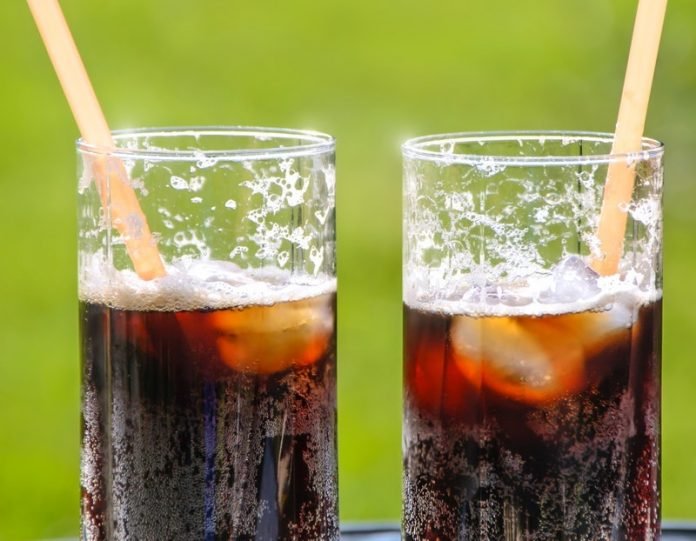
There is clear evidence that high sugar consumption leads to obesity and fatty liver disease.
Synthetic and natural alternatives to sugar are available, but little is known about the effects of these non-caloric sweeteners on the liver.
The Centers for Disease Control and Prevention reports that obesity affects nearly 19% of children.
An associated condition called non-alcoholic fatty liver disease affects one out of every 10 children.
Fatty liver disease can lead to cirrhosis and liver cancer. Consumption of too much sugar can lead to both obesity and fatty liver disease.
Previous research has shown that sugary foods and drinks can cause scarring in the liver. But scientists don’t know how non-caloric sweeteners may affect liver disease.
In a recent study from Children’s Hospital Los Angeles, researchers found that non-caloric sweeteners can reduce markers of fatty liver disease.
The study is published in Scientific Reports. The lead author is Rohit Kohli, MBBS, MS.
In the study, the team addressed and answered the question: Can non-caloric sweeteners improve signs of fatty liver disease?
They tested two non-caloric sweeteners, sucralose and stevia extract. Both are widely available and appear in many sweetened foods and drinks.
The results were striking. They compared these sweeteners head to head with sugar, and found that stevia extract lowers glucose levels and improves markers of fatty liver disease.
These markers include fibrosis and fat levels in the liver. The study also uncovered some potential mechanisms that could be responsible for reversing these markers of fatty liver disease.
The team says there is a decrease in signs of cellular stress and some changes in the gut microbiome, but there is more work to do in order to understand the clinical relevance.
Copyright © 2020 Knowridge Science Report. All rights reserved.



